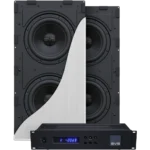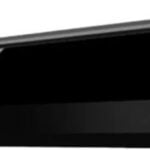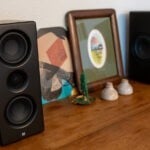Chu Gai
Senior HTF Member
- Joined
- Jun 29, 2001
- Messages
- 7,270
All the theories are rather a moot point unless one can either first establish that a reliable audible difference exists between biwiring vs. a single run of the same gauge wire or that it can somehow be shown on paper that the magnitudes of the improvements, be they distortion or whatever, fall into the area where they're liklihood of being heard is signficant. Neither exists.





